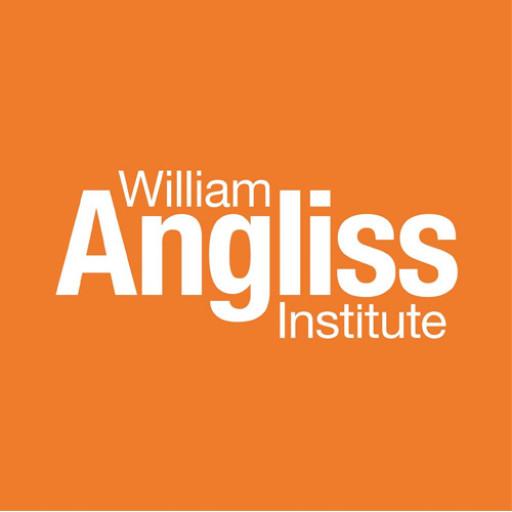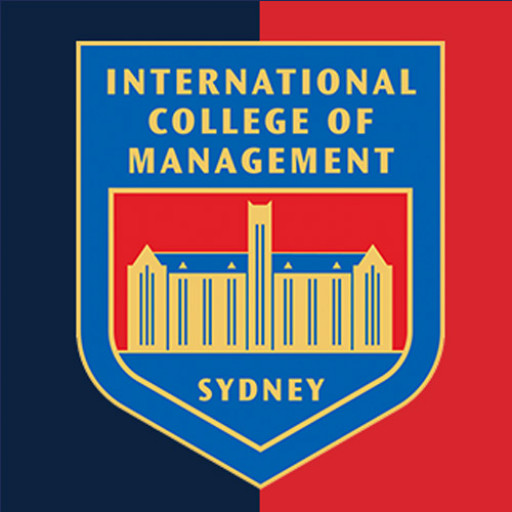The job of Tourism provides students having a solid grasp of the tourism industry which will exude a livelihood within this ever-expanding business. Skills central to working in this field is likely to be developed through the course, including analytical skills, critical thinking, problem solving, research and written and verbal communication skills. An important part of learning within the Tourism level occurs beyond the class room. Many subjects offer students the ability to interact with the tourism industry having overnight and day field trips to many of Victoria's most significant tourist destinations such as the Great Ocean Road, Phillip Coast Nature Park and The Yarra Valley. Students experience theory in training and learn directly from owners, managers, experts and specialists in the area.
The Tourism program at William Angliss Institute offers students a comprehensive education in the dynamic and growing hospitality and tourism industry. This program is designed to equip students with the essential knowledge, practical skills, and industry insights needed to succeed in various roles within tourism and travel sectors. Throughout the course, students will explore key areas such as tourism operations, destination management, customer service, event planning, and marketing strategies specific to the tourism industry.
The curriculum emphasizes both theoretical understanding and practical application, with opportunities for students to participate in industry placements, internships, and real-world projects. This hands-on approach ensures graduates are job-ready and capable of managing the complexities of the travel and tourism sectors. Students learn about current trends, sustainable tourism practices, cultural awareness, and digital marketing techniques to stay competitive in a global marketplace. The program also covers important topics like health and safety standards, visa and immigration procedures, and the use of technology in tourism management.
Designed for those passionate about travel, customer service, and hospitality, the program prepares students for diverse careers such as tour coordinators, travel agents, event managers, and hospitality supervisors. Graduates will have the skills to deliver exceptional customer experiences, develop and promote tourism products, and contribute to the sustainable development of the tourism industry. The program leverages William Angliss Institute’s strong industry links and reputation, providing students with valuable networking opportunities and industry insights.
Whether students are just starting or looking to advance their careers, this program offers a solid foundation for lifelong success in the vibrant world of tourism. By the end of the course, students will possess the confidence and competence to work effectively in a fast-paced, culturally diverse environment and to adapt to ongoing industry changes. With a focus on innovation, professionalism, and sustainability, William Angliss Institute’s Tourism program prepares graduates for a rewarding career, opening doors to exciting global opportunities in tourism and hospitality.
Program requirements for the William Angliss Institute's Tourism programs typically include a combination of academic prerequisites, language proficiency standards, and other eligibility criteria designed to ensure students are prepared for the level of study. Prospective students generally need to have completed a high school qualification equivalent to Australian Year 12 or higher. For international students whose first language is not English, proof of English language proficiency is required, commonly demonstrated through an IELTS score of at least 6.0 overall, with no band less than 5.5, or an equivalent test score accepted by the institution. Additionally, applicants may need to submit a completed application form, along with copies of academic transcripts, identification documents, and possibly a personal statement outlining their interest and motivation for studying tourism. The selection process assesses academic performance and, where applicable, relevant work experience or involvement in the tourism sector. Some courses may require candidates to demonstrate basic digital literacy skills or an understanding of sustainable tourism practices, reflecting industry trends. Programs are designed to build foundational knowledge in tourism management, marketing, and customer service, preparing students for employment in diverse sectors such as travel agencies, tour operators, and hospitality businesses. Practical components, including industry placements, are integral and may require students to meet certain health and safety requirements or undertake background checks. Overall, the program aims to select motivated individuals with a passion for tourism, strong communication skills, and the ability to engage with diverse cultures, ensuring they meet the academic and professional standards expected within the vibrant hospitality and tourism industries.
The William Angliss Institute offers a range of financial options to support students enrolled in its Tourism programs. Students can access diverse funding sources including government assistance, scholarships, and payment plans. Australian citizens and permanent residents may be eligible for government-subsidized training under the VET Student Loan program, which helps reduce the upfront costs of tuition fees. International students are required to pay full tuition fees upfront or may choose to explore private financial arrangements, depending on visa sponsorship requirements. The institute provides detailed information on tuition fees, which vary depending on the specific course and level of study. Additionally, William Anglis offers scholarships based on merit, financial need, or specific criteria, which applicants are encouraged to apply for early to increase their chances of financial support. Payment plans are also available, allowing students to spread the cost of their studies over manageable installments. Financial assistance programs are designed to make education accessible and affordable for students from diverse backgrounds. In addition to external funding, students are advised to seek financial advice and explore additional sources of income such as part-time work, which is often feasible given the flexible scheduling of courses. The institute’s dedicated student services team can provide guidance on financial planning, available support programs, and how to navigate the application process for scholarships and loans. Overall, William Angliss Institute aims to minimize financial barriers and ensure that students pursuing their passion for tourism can do so without undue financial stress, enabling them to focus on their academic and career development.
The Bachelor of Tourism at William Angliss Institute is a comprehensive program designed to equip students with the knowledge and skills necessary to excel in the dynamic and competitive tourism industry. This degree program provides students with a strong foundation in tourism management, marketing, hospitality, and sustainable tourism practices. The curriculum typically includes core subjects such as tourism planning and development, tourism marketing strategies, cultural awareness, environmental sustainability, and customer service management. Students also gain practical experience through industry placements, which are integral to applying theoretical concepts in real-world scenarios. The program emphasizes leadership, innovation, and strategic thinking, preparing graduates for roles in tourism management, event planning, travel consultancy, destination marketing, and other related fields.
William Angliss Institute's focus on industry-relevant skills ensures graduates are well-prepared for employment opportunities locally and internationally. The institute collaborates with industry partners to offer internships, industry projects, and networking events, which help students build professional relationships and enhance their employability. The Bachelor of Tourism program also aims to develop graduates’ ability to address contemporary issues in tourism, such as sustainable development, digital marketing, and technology integration within the industry. Students are encouraged to develop a global perspective, understanding diverse cultures and international tourism trends. The program is suitable for individuals passionate about travel, cultural exchange, and managing tourism operations that prioritize environmental and community well-being. Upon completion, graduates receive a qualification recognized in the tourism industry, providing a pathway to various managerial, consultancy, or specialist roles in the tourism sector.






